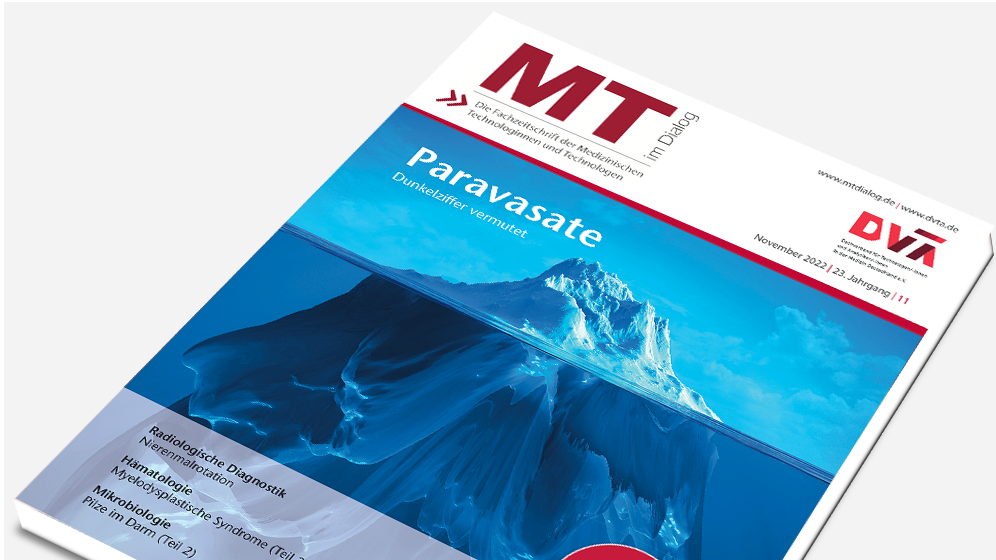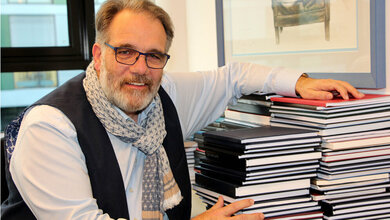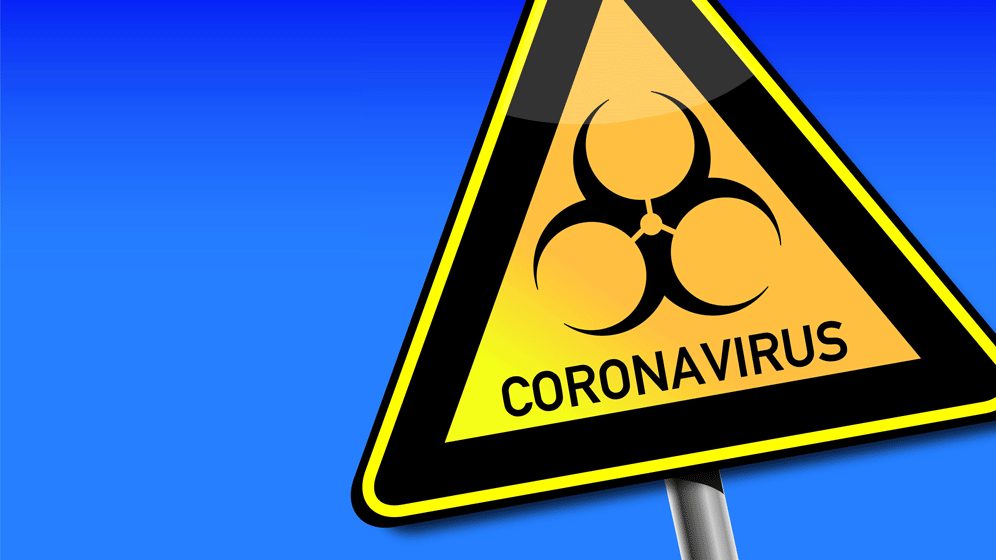For the first time at a congress (March 11–15, 2020, at the Austria Center Vienna) of this magnitude, experts from various disciplines are to discuss the diagnosis and treatment of the novel disease. With this short-term decision, the European Society of Radiology wants to put itself and its scientific network at the service of educating and combating coronavirus, as radiology, in particular, plays a central role in the early detection and diagnosis of the disease.
Experts from Wuhan and Shanghai (both via remote video presentation), Paris, Frankfurt, Munich and Rome will present their experience in the imaging and treatment of patients infected with COVID-19. The panel will include not only radiologists, but also pulmonologists, epidemiologists and virologists, underlining the need for interdisciplinary cooperation to combat this new disease. The lecture series will be led by Prim. Univ. Prof. Dr. Otto C. Burghuber, one of the leading pulmonologists in Austria.
“It is expert meetings such as the European Congress of Radiology, which, thanks to the large number of international experts on-site and their broad networks, can make a crucial contribution to scientific breakthroughs and solutions. Radiologists are in continuous service internationally, especially in the affected countries, in order to curb the novel disease, and we offer, for the first time, a great platform to present all this knowledge. Such meetings can have a decisive influence on further developments,” says Professor Michael Fuchsjäger, ESR 1st Vice-President and Chair of the Department of Radiology at the Medical University Graz, Austria.
Concerning the danger of the disease, Fuchsjäger advises concentrating on the facts and scientifically verifiable results: “On such topics, a certain hysteria often resonates in the media, which often presents itself differently with an objective view of the facts. The risk of infection in Europe is generally low. Infections with the coronavirus usually show a mild course; a severe course is observed especially in older people and immunocompromised persons. Attention must be paid to adherence to basic hygienic behaviour, the same as during the flu season, good hand hygiene and correct ‘cough etiquette’.”
In addition to radiological expertise, it is above all the presence of large international organisations at the congress that can contribute to a rapid and effective exchange of knowledge. Among many others, the ESR is pleased to welcome representatives of the World Health Organization (WHO), the European Cancer Organisation (ECCO) and the International Atomic Energy Agency (IAEA) at ECR 2020.
Broadcast free of charge
The European Congress of Radiology is not only a congress for physicians, but of course, always has a strong focus on the well-being of patients and is highly interested in the direct involvement of the public. Therefore, the lectures on the coronavirus will be broadcast free of charge and will be accessible to all on the internet. The lecture series will take place on March 12 from 17:45 to 18:45; registration is now possible.
Radiologists from affected countries participate via live stream
Due to the fact that many radiologists and medical professionals from China and other affected areas are indispensable in their hospitals because of the outbreak of coronavirus, the ESR not only enables participation in the congress via live stream, but also the presentation of their own lectures from home or from the workplace.
All technical precautions for this highly innovative project have been made in record time, and the ECR 2020 thus presents itself as a full-fledged online congress, which allows physicians from all over the world to participate despite any obstacles.
Quelle: European Society of Radiology
Artikel teilen





